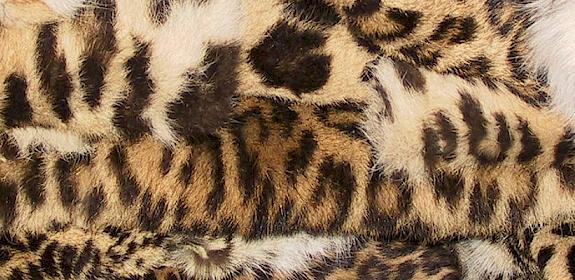
Crossing the Red Line Japan's exotic pet trade
Two Slow Loris Nycticebus coucang, a popular pet in Japan, for sale in Kalimantan, Indonesia. Photo: WWF / Rob WEBSTER
i
- »
- báo cáo »
- Reports »
- Crossing the Red Line: Japan's exotic pet trade
Weak Japanese legislation facilitates exotic pet smuggling with its associated health risks—TRAFFIC
Tokyo, Japan, 11th June 2020—Exotic wild animals are being smuggled into Japan and once past Customs border controls, continue to be legally sold as pets finds a new TRAFFIC report, Crossing the red line: Japan’s exotic pet trade.
Crossing the Red Line: Japan's exotic pet trade
Report author(s):
Tomomi Kitade, Yui Naruse
Publication date:
June 2020
key findings
The study also highlights the potential for the exotic pet trade to facilitate the transmission of zoonotic diseases. Mammalian seizures included primates and bats whose import is prohibited by the Infectious Disease Control Law.
The authors analysed seizures made by Japan Customs, media reports and conviction reports, including cases resulting from police investigations after animals had passed through the country’s borders.
Japan Customs made just 78 incoming seizures involving 1,161 animals of species listed in the Convention on International Trade in Endangered Species of Wild Fauna and Flora (CITES) that were destined for the exotic pet trade between 2007–2018, with no more than 10 seizures made annually since 2008.
“This level of seizures for a major consumer country like Japan likely translates to a low detection rate,” write the report’s authors.
Reptiles accounted for the majority (71%) of such seizures, followed by mammals (19%) and birds (6%) together with small numbers of arachnids, insects, amphibians and fish.
Once inside the country almost all the species in seizure records can be sold without restriction in the domestic market, effectively laundering the smuggled animals into legal trade.
Japan’s porous borders and weak legislation have been giving exotic pet traffickers a field day and potentially putting the country’s citizens at risk from imported zoonotic diseases
Tomomi Kitade, Director of TRAFFIC’s Japan office and an author of the report
Although most seizures were of no more than five animals, each was worth on average around JPY1.5–3.6 million (USD14,000–33,000) based on the market retail value of laundered animals. Between 2014–2018 the total value of seized wildlife for the exotic pet trade was some JPY54.1–125.6 million (USD492,000–1.1 million).
Thailand and mainland China, followed by Indonesia and Hong Kong SAR were the most common geographical points in the supply chain prior to seizures being made in Japan, the majority (65%) arriving via passenger airlines, followed by international mail (24%), commercial air cargo (8%), and cruise ships (3%).
Japan Customs pressed criminal charges against suspects in at least eight smuggling incidents out of 25 that underwent investigations between 2012–2018. Although low in number this “reflects increased recognition of the gravity of trafficking of live animals by the Japan’s Customs authority,” says the report. The Customs Act only prescribes that violations should be dealt with using administrative fines instead of criminal charges.
At least 18 defendants in 12 exotic pet smuggling cases since 2007 in Japan were prosecuted and all were Japanese citizens, four of them pet shop owners, while at least four were identified with other wildlife crime offences either in Japan or overseas.
Media reports of seizures overseas in which Japan was the intended destination totalled 28 incidents involving 1,207 specimens, while repeated arrests of at least four Japanese smugglers in multiple countries revealed some level of criminal professionalisation. Arrests of young Japanese citizens pointed to the operation of organised criminal networks recruiting young people as mules for transnational trafficking.
The study also found some evidence of Japan as a source country, with eight incidents reported, at least three of them since 2015 involving trafficking of endemic Japanese reptiles and amphibians.
Among the report’s recommendations are the need for an urgent government review of current regulations over the import, export and domestic sales of live animals; development and implementation of a national action plan for combatting wildlife crime; improvements to international enforcement co-operation, especially in the Asian region; and engagement with the transport sector to enable staff to detect and report wildlife trafficking to law enforcement agencies.
Although Japan has historically been one of the biggest consumer countries of exotic pets the latest study is the first comprehensive review of seizures and assessment of law enforcement effectiveness.
1,161
inbound specimens of CITES-listed species were seized in Japan between 2007–2018 - pointing to a low detection rate
71%
of these seizures concerned reptile species
for more information:
Media Team
+447921309716
Ryoko Nishino Programme Officer – Research & Communication
Related News and Reports
featured in: Asia & Middle East Mammals Reptiles & Amphibians Trade Monitoring



